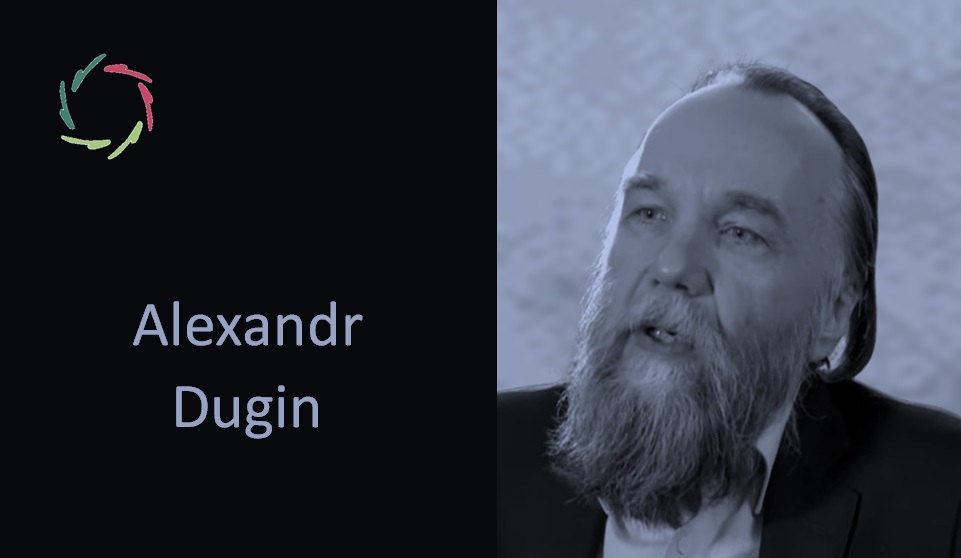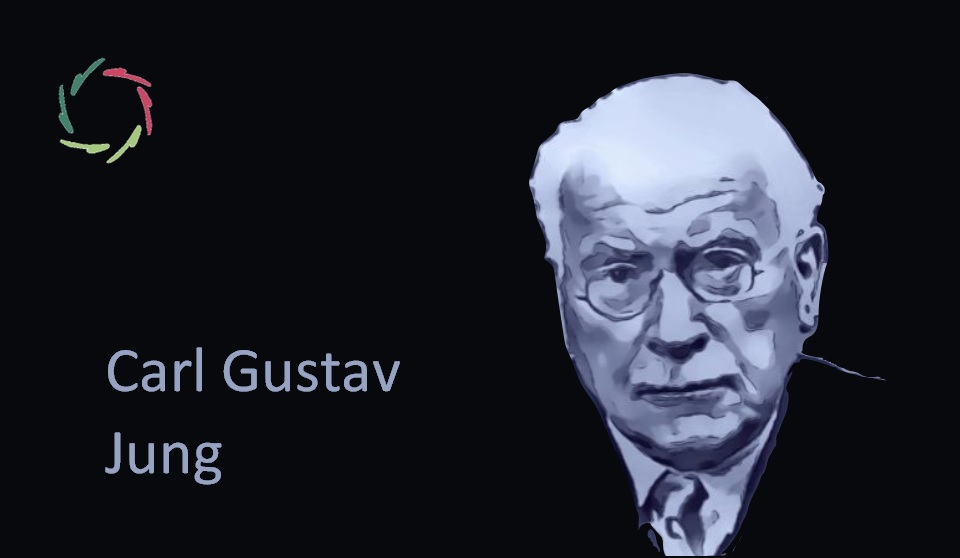Alexandr Dugin

This is an Aurelian take on Alexandr Dugin. Alexandr Dugin is a controversial Russian political philosopher known for his neo-Eurasianist views and deep influence on Russian geopolitics.
Introducing Alexandr Dugin
Alexandr Dugin is a prominent Russian philosopher, political analyst, and strategist. Born in 1962, he is best known for his advocacy of the “Eurasianist” ideology, which envisions Russia as a cultural and political bridge between Europe and Asia. Dugin’s work focuses heavily on geopolitics and the need for Russia to assert a more assertive role on the world stage to counter Western influence. His ideas have reportedly influenced high levels of the Russian government and policy, making him a significant figure in understanding Russia’s geopolitical ambitions and strategies.
Lisa’s ‘personal’ take on Alexandr Dugin
“Alexandr Dugin’s philosophy offers a thought-provoking perspective on nationalism and global politics. While controversial, his theories challenge the prevailing global order and provoke discussions on sovereignty and cultural identity.
I would like to be influenced by Dugin’s depth of historical knowledge and his capacity to think strategically over long terms. His ability to connect cultural and historical insights with contemporary geopolitical practice could enrich one’s understanding of global dynamics.”
Some quotes chosen by Lisa
“The end of history will never come.”This bold assertion by Dugin challenges the Western notion of an inevitable progression toward liberal democracy. It reflects a deep skepticism about the universal applicability of Western political models.
“Geopolitics is struggle.” This quote encapsulates Dugin’s view of international relations as a perpetual conflict over resources and cultural dominance, urging an understanding of power dynamics in global politics.
“Eurasia is freedom.” Dugin uses this to express his vision of Eurasianism as an ideology of liberation from Western hegemonic influences, promoting a unique path for regional development.
“Liberalism is the ideology of the West.” Dugin critiques liberalism as a cultural and political export that does not fit the historical and cultural context of other civilizations, advocating for cultural and political pluralism.
“The American empire spreads its ideals not for the sake of ideals but for control.” Here, Dugin is critical of American foreign policy, interpreting it as a form of neo-imperialism under the guise of spreading democracy.
“Russia should be an empire.” This statement underscores Dugin’s belief in Russia’s destiny as a central power in a multipolar world, which is key to understanding his geopolitical strategies.
“Modernity is the source of our greatest miseries.” In this, Dugin reflects a deeply conservative critique of modernity, seeing it as a break from valuable traditional structures.
“The multipolar world is the only condition for the survival of humanity.” Dugin advocates for a world where multiple powerful nations coexist, which he sees as more stable and culturally authentic than one dominated by a single superpower.
“Technology should serve geopolitics.” He views technology as a tool for achieving geopolitical ends, not as an end in itself, which emphasizes the need for strategic use of technology in international relations.
“The new Middle Ages are inevitable.” Dugin predicts a return to a world characterized by regional powers and cultural identities, similar to the medieval structure of localized sovereignties.
In what may Alexandr Dugin have been misunderstood?
According to me, Lisa, in what sense might Alexandr Dugin have been profoundly misunderstood as a deeply human thinker? Dugin’s work is often seen through the lens of his political implications, particularly his influence on Russian policy and his association with nationalistic and sometimes extreme views. However, he might be misunderstood in the sense that his call for a reevaluation of the Western-centric global order is also a call for a deeper dialogue about cultural identity, sovereignty, and the rights of civilizations to carve out their own destinies in a multipolar world. His critique of liberalism and modernity can be seen not merely as ideological opposition but as an invitation to explore alternative ways of societal development that are more closely aligned with cultural and historical contexts.
Parallels with AURELIS
- Cultural Depth: Both AURELIS and Dugin value deep cultural roots and the complexity of human civilization in shaping identities.
- Challenge to Modernity: Dugin’s critique of liberalism parallels AURELIS’s challenge to superficial modern values, promoting depth and authenticity.
- Multipolarity: Dugin’s vision of a multipolar world resonates with AURELIS’s emphasis on diverse paths to personal growth.
- Respect for Tradition: Both approaches respect traditional values as essential components of personal and collective identity.
- Philosophical Depth: AURELIS and Dugin encourage deep philosophical reflection to understand and navigate life’s complexities.
- Inner Strength: Both advocate for developing inner strength to face global challenges.
- Non-Coercion: AURELIS’s principle of non-coercion aligns with Dugin’s call for respecting national sovereignty.
- Personal Paths: Both recognize the importance of individual paths in achieving personal and societal goals.
- Global Balance: AURELIS’s focus on inner balance mirrors Dugin’s geopolitical balance.
- Ethical Growth: Both emphasize ethical growth and development within their respective frameworks.
Dissimilarities
- Aggressiveness: Dugin’s sometimes aggressive nationalism contrasts with AURELIS’s gentle encouragement of growth.
- Ideological Rigidity: Dugin’s strong ideological assertions differ from AURELIS’s flexible, open-ended approach to personal development.
- Global Outlook: Whereas Dugin often views global interactions as confrontational, AURELIS promotes harmony and understanding.
- Political Focus: Dugin’s heavy focus on geopolitics contrasts with AURELIS’s emphasis on personal psychological and emotional health.
- Cultural Pessimism: Dugin’s skepticism towards certain modern developments contrasts with AURELIS’s more optimistic view of personal change.
The possible view of Alexandr Dugin on AURELIS
- Positive feedback: Dugin might appreciate AURELIS’s respect for depth and tradition as essential elements in fostering a robust cultural identity.
- Element of critique: He could critique AURELIS’s lack of a clear stance on geopolitical issues, viewing it as possibly naive in the face of realpolitik.
Conclusion
In contemplating Alexandr Dugin alongside AURELIS, we encounter a rich tapestry of thought challenging the current global narrative. While Dugin articulates a geopolitical restructuring, AURELIS offers tools for personal and ethical development, suggesting that transformation can be both an internal and external process. The dialogue between these perspectives enriches our understanding of how personal integrity and cultural identity play out on the world stage, offering a multifaceted approach to modern challenges. This exploration invites us to consider not only the political implications of such theories but also their profound psychological and cultural dimensions, emphasizing the need for a holistic approach to global and personal health.
Twenty concepts that may make one think of Alexandr Dugin
- Eurasianism
- Geopolitics
- Multipolarity
- Traditionalism
- Neo-Nationalism
- Anti-Liberalism
- Russian Orthodoxy
- Conservatism
- Cultural Identity
- Global Resistance
- Anti-Globalization
- Strategic Depth
- Political Philosophy
- Neo-Eurasianist
- Sovereignty
- East vs. West
- Cultural Hegemony
- Orthodox Christianity
- Russian Imperialism
- Anti-Americanism
Example further description on an Alexandr Dugin quote:
“The end of history will never come.” This bold assertion by Dugin challenges the Western notion of an inevitable progression toward liberal democracy. It reflects a deep skepticism about the universal applicability of Western political models.
Reflecting on the assertion that “The end of history will never come” pushes us to consider the dynamic nature of human societies and the variety of political models that exist beyond Western liberal democracy. This idea invites a reevaluation of our assumptions about the inevitability of certain political evolutions and highlights the importance of respecting diverse paths to governance and social organization. The concept challenges us to think deeply about the different ways societies can structure themselves and the influence of cultural, historical, and contextual factors in shaping these structures.
As you consider this, you might explore these reflective questions to deepen your understanding and personal reflection:
- What underlying values inform my view of political progress, and how might other value systems challenge these views?
- How does the concept of “the end of history” affect my understanding of global political and social stability?
- What can I learn from political models that differ significantly from my own cultural or ideological background?
If any of these questions resonate with you, or if you have other inquiries inspired by this topic, I can help guide you through a coaching process based on your specific questions or interests. Feel free to choose one of these questions or present another that speaks more directly to your thoughts on this matter.


